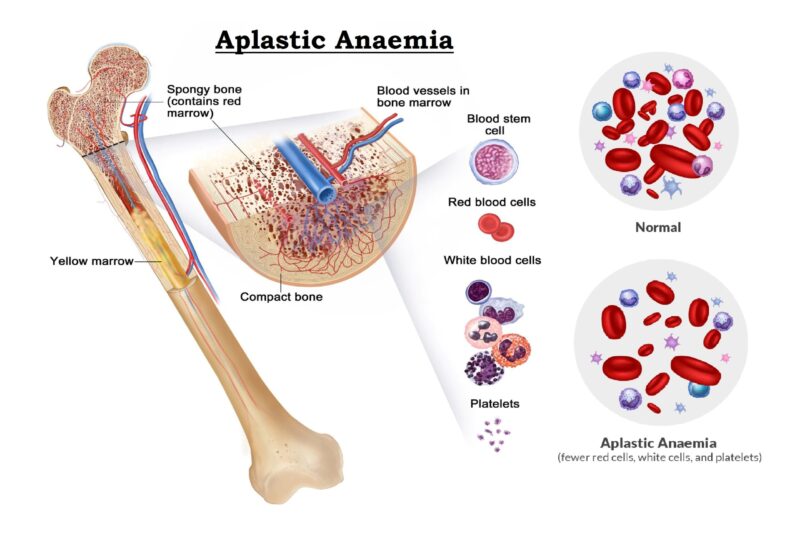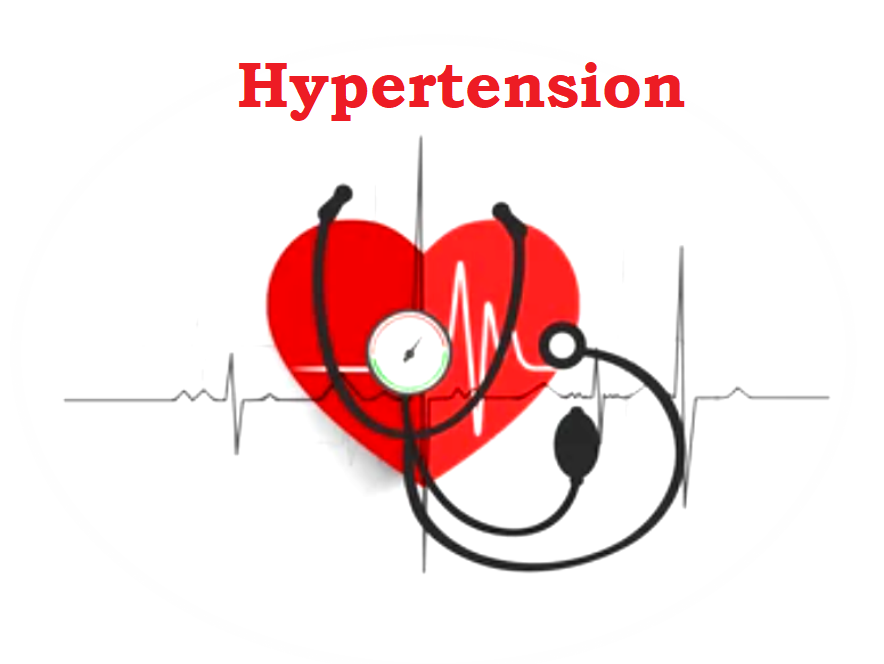The most common early symptom of Alzheimer's is difficulty remembering newly learned information because Alzheimer's changes typically begin in the part of the brain that affects learning. As Alzheimer's advances through the brain it leads to increasingly severe symptoms, including disorientation, mood & behavior changes; deepening confusion about events, time and place; unfounded suspicions about family, friends and professional caregivers; more serious memory loss and behavior changes; and difficulty speaking, swallowing and walking. A family member or friend may be more likely to notice how the symptoms worsen.
Brain changes associated with Alzheimer's disease lead to growing trouble with:
A. Memory
Everyone has occasional memory lapses, but the memory loss associated with Alzheimer's disease persists and worsens, affecting the ability to function at work or at home. People with Alzheimer's may:
-
- Repeat statements and questions over and over.
- Forget conversations, appointments or events, and not remember them later.
- Routinely misplace possessions, often putting them in illogical locations.
- Get lost in familiar places.
- Eventually forget the names of family members and everyday objects.
- Have trouble finding the right words to identify objects, express thoughts or take part in conversations.
B. Thinking and reasoning :
Alzheimer's disease causes difficulty concentrating and thinking, especially about abstract concepts such as numbers.
-
- Multitasking is especially difficult, and it may be challenging to manage finances, balance checkbooks and pay bills on time. Eventually, a person with Alzheimer's may be unable to recognize and deal with numbers.
- Alzheimer’s personnel can lose track of dates, seasons and the passage of time. They may have trouble understanding something if it is not happening immediately. Sometimes they may forget where they are or how they got there.
C. Making judgments and decisions :
Alzheimer's causes a decline in the ability to make reasonable decisions and judgments in everyday situations. It may be more difficult to respond effectively to everyday problems, such as food burning on the stove or unexpected driving situations.
-
- For some people, having vision problems is a sign of Alzheimer's. This may lead to difficulty with balance or trouble reading. They may also have problems judging distance and determining color or contrast, causing issues with driving.
- Once-routine activities that require sequential steps, such as planning and cooking a meal or playing a favorite game, become a struggle as the disease progresses. Eventually, people with advanced Alzheimer's often forget how to perform basic tasks such as dressing and bathing.
- A person may have difficulty with their balance, trip over, or spill things more often, or they may have difficulty orienting clothing to their body when getting dressed.
- A person may develop difficulties with thinking of common words, or they may make more speech, spelling, or writing errors.
D. Changes in personality and behavior :
Brain changes that occur in Alzheimer's disease can affect moods and behaviors. Problems may include the following:
-
- Depression
- Apathy
- Compulsive, obsessive, or socially inappropriate behavior
- Mood swings, becoming upset, angry, or worried more often than before.
- Distrust in others & lose of empathy.
- Irritability and aggressiveness
- Changes in sleeping habits
- Wandering
- Loss of inhibitions
- Delusions, such as believing something has been stolen.
- A loss of interest in or motivation for activities they usually enjoy.
A person may develop difficulties with thinking of common words, or they may make more speech, spelling, or writing errors at the advance stage. Many important skills are not lost until very late in the disease. These include the ability to read, dance and sing, enjoy old music, engage in crafts and hobbies, tell stories, and reminisce.





